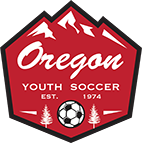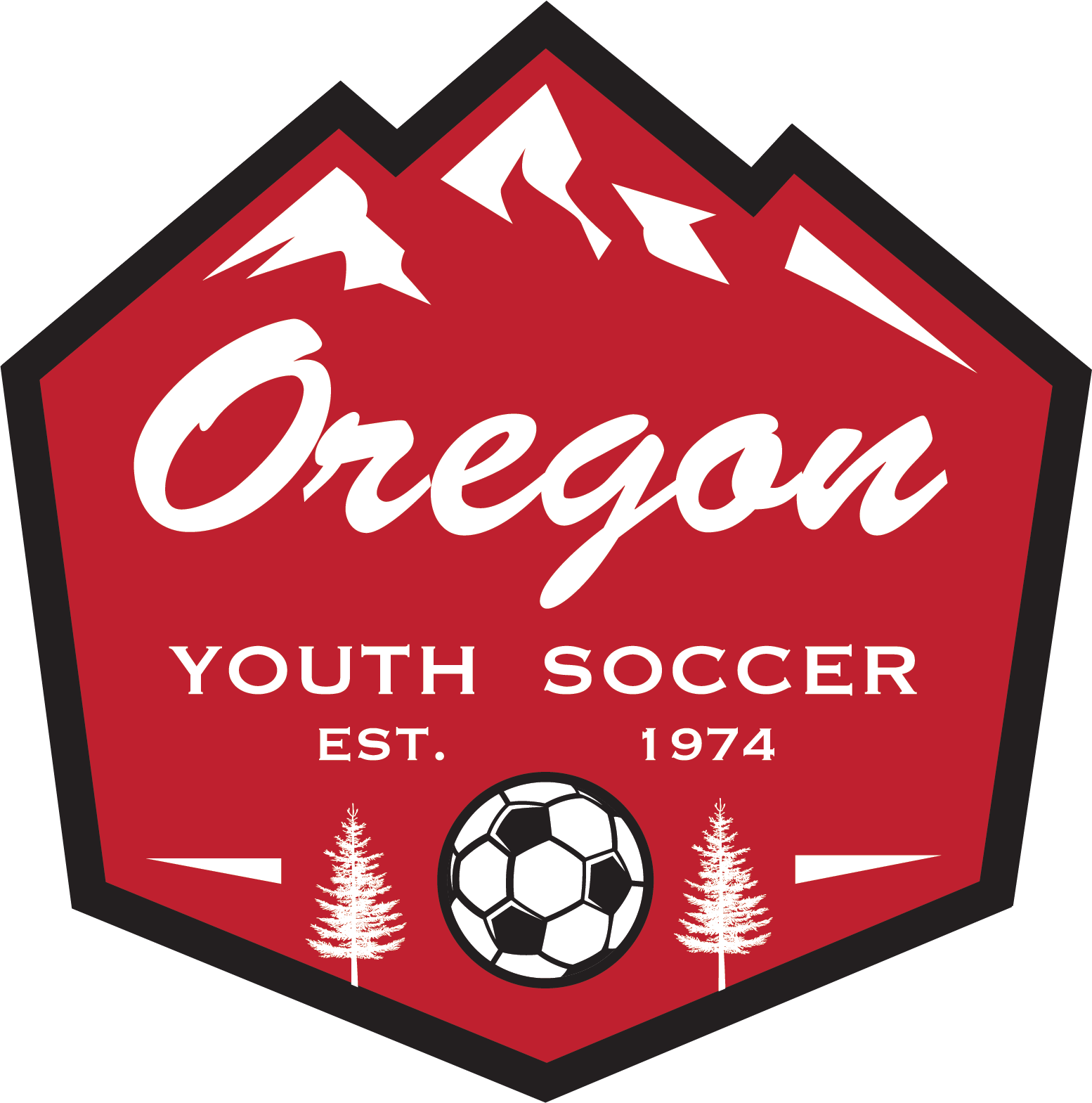Risk Management

Safety — both on the field and off
Safety is OYSA’s #1 priority. We provide a host of member benefits designed to keep our players, coaches, and referees as safe and healthy as possible, including member insurance, liability insurance, and annual background checks for any registered adult (16 and older).
 OYSA partners with the US Center for SafeSport to educate member clubs and provide access to child abuse prevention training. Please note that since the passage of the Safe Sport Act of 2017, all OYSA registered adults are considered mandatory reporters. All registered adults must complete the SafeSport training. Your background will not be approved without completing the training. Contact your Club for login information.
OYSA partners with the US Center for SafeSport to educate member clubs and provide access to child abuse prevention training. Please note that since the passage of the Safe Sport Act of 2017, all OYSA registered adults are considered mandatory reporters. All registered adults must complete the SafeSport training. Your background will not be approved without completing the training. Contact your Club for login information.
![]() OYSA has also partnered with Providence Sports Care Center to provide our member clubs with educational guidelines and materials for coaches, parents and players. Providence Sports Care Center has also provided a comprehensive concussion management protocol that OYSA recommends all member clubs adopt. In addition to online educational materials the program documentation includes a sideline toolkit for coaches, concussion care information for parents, and return to participation medical release forms. See PDF locator in the sidebar for documentation.
OYSA has also partnered with Providence Sports Care Center to provide our member clubs with educational guidelines and materials for coaches, parents and players. Providence Sports Care Center has also provided a comprehensive concussion management protocol that OYSA recommends all member clubs adopt. In addition to online educational materials the program documentation includes a sideline toolkit for coaches, concussion care information for parents, and return to participation medical release forms. See PDF locator in the sidebar for documentation.
While coaches, referees, and other adults are not required to maintain CPR or First Aid training, OYSA encourages any registered adults to obtain this certification. You can find online or classroom courses at the American Red Cross website.
Concussion Information
Concussion Facts
- Concussion is a brain injury that alters the way your brain functions.
- Concussions can occur from a blow to the head/body; contact with the ground, ball or another player
- Most concussions occur without a loss of consciousness (“Passing out”).
- Severity of injury depends on many factors and is not known until symptoms resolve and brain function is back to normal
- All concussions are not created equally. Each player is different, each injury is different, and your team medical staff should evaluate all injuries.
- Follow the “Rules of the Game” this will limit and decrease these types of injuries
Concussion Symptoms
- Headache
- Loss of consciousness
- Confusion
- Double/Fuzzy vision
- Dizziness
- Balance problems
- Nausea
- Slow-reaction time
- Amnesia/Difficulty remembering
- Difficulty concentrating
- Sensitivity to light and noise
- Feeling sluggish, foggy or groggy
- Feeling more emotional than usual
- Irritability
- Sleep disturbances
Concussion Consequences
- Don’t “play through” a concussion. There can be consequences.
-
Look out for your teammates and never ignore symptoms even if they appear mild. Tell your athletic trainer, team physician, coach and parents if you think you or a teammate may have a concussion.
- Practicing or playing while still experiencing symptoms may prolong the time it takes to recover and return to playing soccer.
- Repetitive brain injury, when not managed promptly and properly, may lead to long term injury.
- Your brain is one of the most vital organs in your body and symptoms may worsen with physical or mental exertion (e.g. computer and cell phone use, loud music or tv.).
- Concussions “ARE” treatable — they should be managed under the supervision of your physician.



